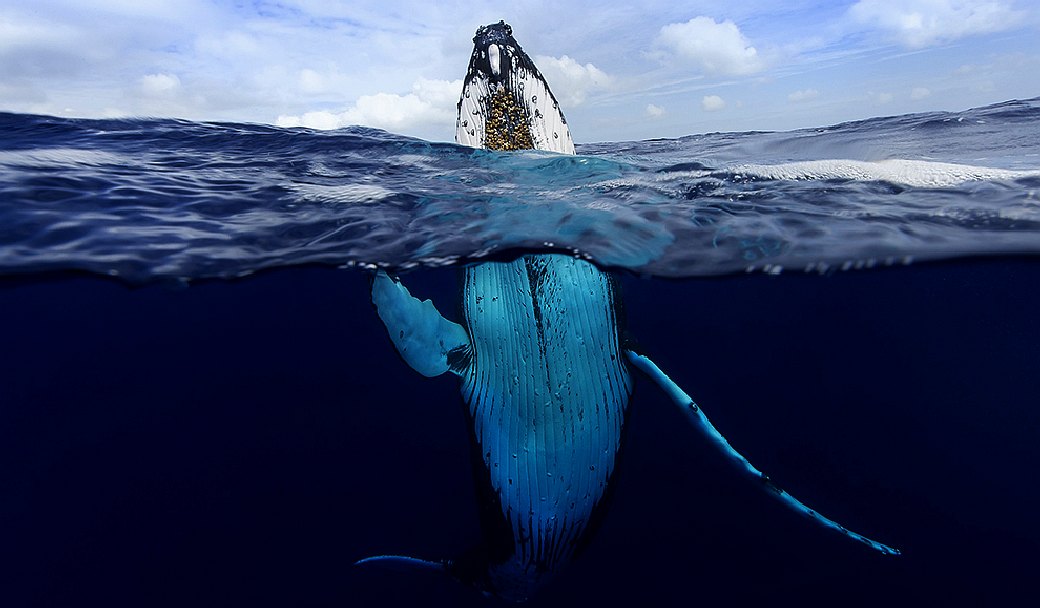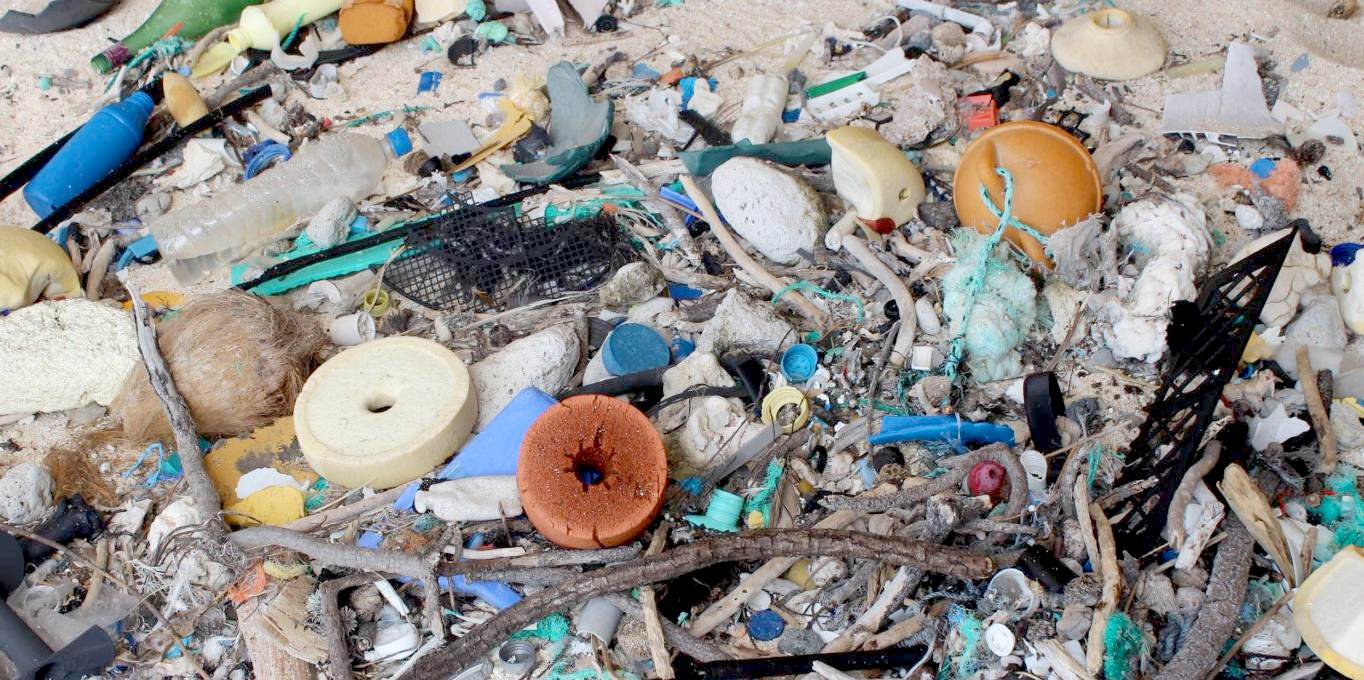|
WORLD POPULATION GROWTH
ABOUT - CONTACTS - FOUNDATION - HOME - A-Z INDEX
MARINE LIFE - This humpback whale is one example of a magnificent animal that is at the mercy of human activity. Humans are for the most part unaware of the harm their fast-lane lifestyles are causing. We aim to change that by doing all we can to promote ocean literacy with the aim of benefiting all mankind and future generations to come.
Humans are a very successful species that inhabit and exploit planet earth. Their/our success is due to the ability of humans to reason and take control of their environment. This is a good thing in that as a species we are likely to survive and having visited other planets (not in person) may one day populate other systems, hopefully not because we have to.
Human population has grown steadily and especially in the last few decades, to the point where food and energy security is likely to be threatened, because the beautiful planet that we live on can only grow so much food on land and so much food in the sea, even with fish farming and aquaculture to artificially boost production.
Our ability to reproduce is a good thing and it is the right of every person to have a family, even where some countries operate forms of eugenics programmes that are designed to prevent some people from exercising that right. But we will not go into that now, save to say that such programmes are an affront the the dignity of those affected and we must never allow extermination agendas like that which occurred in World War Two, or indeed any such atrocities, no matter where or when they happen or how such agendas may be disguised. Discrimination is illegal and immoral.
AGRICULTURAL & INDUSTRIAL REVOLUTIONS
At the dawn of agriculture, about 8000 B.C., the population of the world was approximately 5 million. Over the 8,000-year period up to 1 A.D. it grew to 200 million (some estimate 300 million or even 600, suggesting how imprecise population estimates of early historical periods can be), with a growth rate of under 0.05% per year.
SENSITIVE PROVISIONS
Our success in reproducing is likely to put a strain on the limited resources of the planet, meaning that the unrestricted rights of all people on earth to have children needs to be catered for and understood if we are to avoid famine and other suffering that would be the inevitable result if we do nothing to protect this right in a manner that is acceptable to all nations.
There is likely to come a point where procreation is limited by our natural resources, of that there is no doubt. Hence, we should prepare the world population and alert everyone to the matter so that we can all come to terms with the issues that matter and are sure to affect our children and their children. Preparation for the inevitable is one of the best ways of dealing with an issue, then at least we will be prepared - even if our fears are not realised.
EDUCATION
One of the best ways of helping our fellow man come to terms with problems that we may have to face in the coming years is to share information and include such subjects in school agendas. The internet may come to our rescue here, provided that access is available to all - another matter that we must deal with to level the playing field.
TRIBAL GOVERNANCE
Natives in remote regions do not appear to have population management problems, in that they remain stable, governed by the ability of the tribe to feed and house themselves. It follows that civilization, though the means that humans have advanced so rapidly, is making it easier for us to live and procreate. Food is in abundance in huge stores called supermarkets. So much so that obesity is a problem. The more civilized we are the greater the number of obese people, because we are biologically programmed to eat to survive - a natural function - that unless the body is used as it is designed to be used, will lead to unhealthy people.
That is why most civilized nations promote sport and healthy eating, because we want people to live longer, free of illnesses and disease. Such is the success of these campaigns that humans are living considerably longer than before, which again adds to global population.
GROWTH RATE
In biology or human geography, population growth is the increase in the number of individuals in a population. Global human population growth amounts to around 75 million annually, or 1.1% per year. The global population has grown from 1 billion in 1800 to 7 billion in 2012. It is expected to keep growing, and estimates have put the total population at 8.4 billion by mid-2030, and 9.6 billion by mid-2050. Many nations with rapid population growth have low standards of living, whereas many nations with low rates of population growth have high standards of living.
We are likely then, to see the world population increase to between 10 and 15 billion people by 2050 and we should be "hoping for the best but planning for the worst" case scenario. These are the words of Sir Winston Churchill.
We must be in a position to house, feed and provide energy for living for this increase by which time space is likely to be the limiting factor, given the border constraints that exist today.
STANDARDS
The correlation between standards of living is an obvious area to target to calm the rate of population growth. If it is that nations with higher standards of living have lesser population growth, then we should aspire to improving the standard of living for everyone on earth. In effect this boils down to education. The more informed we are and the more we enjoy our lives, the less we feel to need to overproduce, because we are more stable. In the past we needed to overproduce to allow for illness and starvation. Granted that there are still areas where this is a problem - and we should seek to displace poverty with understanding and education that will in turn improve the standard of living all over the world.
Wow! Oversimplified, yes, and just one point to consider where there are many more ways of looking at the problem and we are sure many more ways of trying to calm the human impulse to procreate, not least of which is that the act itself if enjoyable and designed to ensure that we follow our biological programming and have children.
CONTRACEPTION
Is that not where contraception comes into the frame .......... again a standard of living issue in a modern world ...... Just imagine for a minute that there was a pill we could take to eliminate the urge to procreate and another to regulate our appetite. If the biological urge to procreate was controllable, we could then plan when or even if to have children and how many, or none at all. If we ate only what we needed to be healthy and enjoy life, we would not need to farm so much grain and meat and reduce our need for fish.
Contraception then, could be a chemical to reduce the procreation urge, instead of a pill or a condom. Social contraception is where the standard of living is high enough to naturally reduce our biological urges. You may think it is better to leave the pills in the cupboard and simply work to make the lives of all inhabitants on planet earth as pleasant as possible.
Ultimately, it is women who choose when and if to have children (or at least it should be a choice). In industrial nations women tend to leave having children to later in their lives as they pursue a career and so have fewer children. In less advanced nations women tend to produce earlier and so are more likely to produce more children.
FOOD SUPPLY & MEDICATION
It was agriculture that removed one of the most important limiting factors to population growth in that if food is scare and unattainable couples raised fewer children and newborns typically died from starvation - as they do in regions on earth where food is scarce or where crops fail.
Medicines and vaccinations also removed other limiting factors, such as mortality rates from illnesses that had a culling effect. Sanitation plays an important part in keeping us alive, by keeping us clean, so free from disease. Anyone who has had food poisoning will realize how easy it is to die from contaminated water or food. The simple act of cooking food has the effect of killing potentially harmful bacteria, while also increasing the calorific value of the meal.
FAMILY VALUES
These days women do not need a partner to raise children, single parent families are supported by the state when a father is absent, allowing women a degree of independence that was impossible in days gone by when it took the efforts of a couple to bring a child into the world. This phenomenon has the effect of increasing what would be a reducing population in richer nations. Thankfully, population growth rate is slowing despite this.
SPACE - THE FINAL FRONTIER
In the end it all boils down to space to live, allied to the carrying capacity of the land and oceans to produce food; a competing factor when considering the space needed for housing. The space we need for ourselves reduces the space available for other species.
As the space to live reduces, what is likely to happen is conflict from the lack of comfort and freedom. That is why nations guard their borders and value their land and other territorial limits. Open borders could lead to a migratory flood of people to where the living standards are higher, but where space is at a premium - causing imbalance.
Areas that are vast and unpopulated, such as the deserts in Africa, America and Australia, are unpopulated for the simple reason that the land is not suitable for accommodation in a natural condition. Conditioning unsuitable land requires energy and resources that makes such proposition unsustainable in terms of climate change, and most certainly not part of the circular economy that most nations are striving for at this time.
While conflict will inevitably reduce a population on a temporary basis during hostilities, it is no solution to population growth and we must find peaceful ways to coexist based on understanding and forward planning.
INTERESTING STATISTICS
* During the 20th century alone, the population in the world has grown from 1.65 billion to 6 billion.
* Because of declining growth rates, it will now take over 200 years to double again.
LINKS & REFERENCE
http://www.worldometers.info/world-population/ https://www.youtube.com/watch?v=E8dkWQVFAoA
This website is provided on a free basis as a public information service. Copyright © Cleaner Oceans Foundation Ltd (COFL) (Company No: 4674774) July 2017. Solar Studios, BN271RF, United Kingdom. COFL is a charity without share capital.
|

